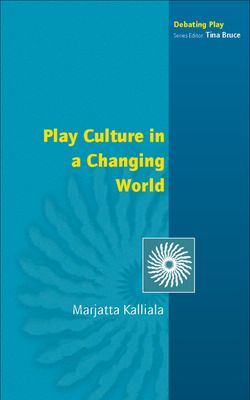Play Culture in a Changing World
- Access the eBook anytime, anywhere: online or offline
- Create notes, flashcards and make annotations while you study
- Full searchable content: quickly find the answers you are looking for
2 In general: The changing world we live in
3 From the general to the particular: What is children’s play culture?
4 Competitions and games in children’s play culture
5 Games of chance and luck in children’s play culture: Alea
6 The world of make-believe 1: Family play scenarios
7 The world of make-believe 2: Play scenarios that are about having ‘adventures’ and fights
8 Fooling about in play: The ‘dizzy’ side of play culture
9 Play that defies categorization
10 Gender and children's play culture
11 Adults and play
12 Changes in children's play culture
Enlivened by the voices of young children engaged in contemporary play, this accessible book enables readers to re-evaluate the contribution of play in childhood. It explores the persistence of fundamental play themes alongside new variations on traditional themes, including:
- Competitions and games
- Games of chance and luck
- The world of make-believe
- ‘Dizzy play’

